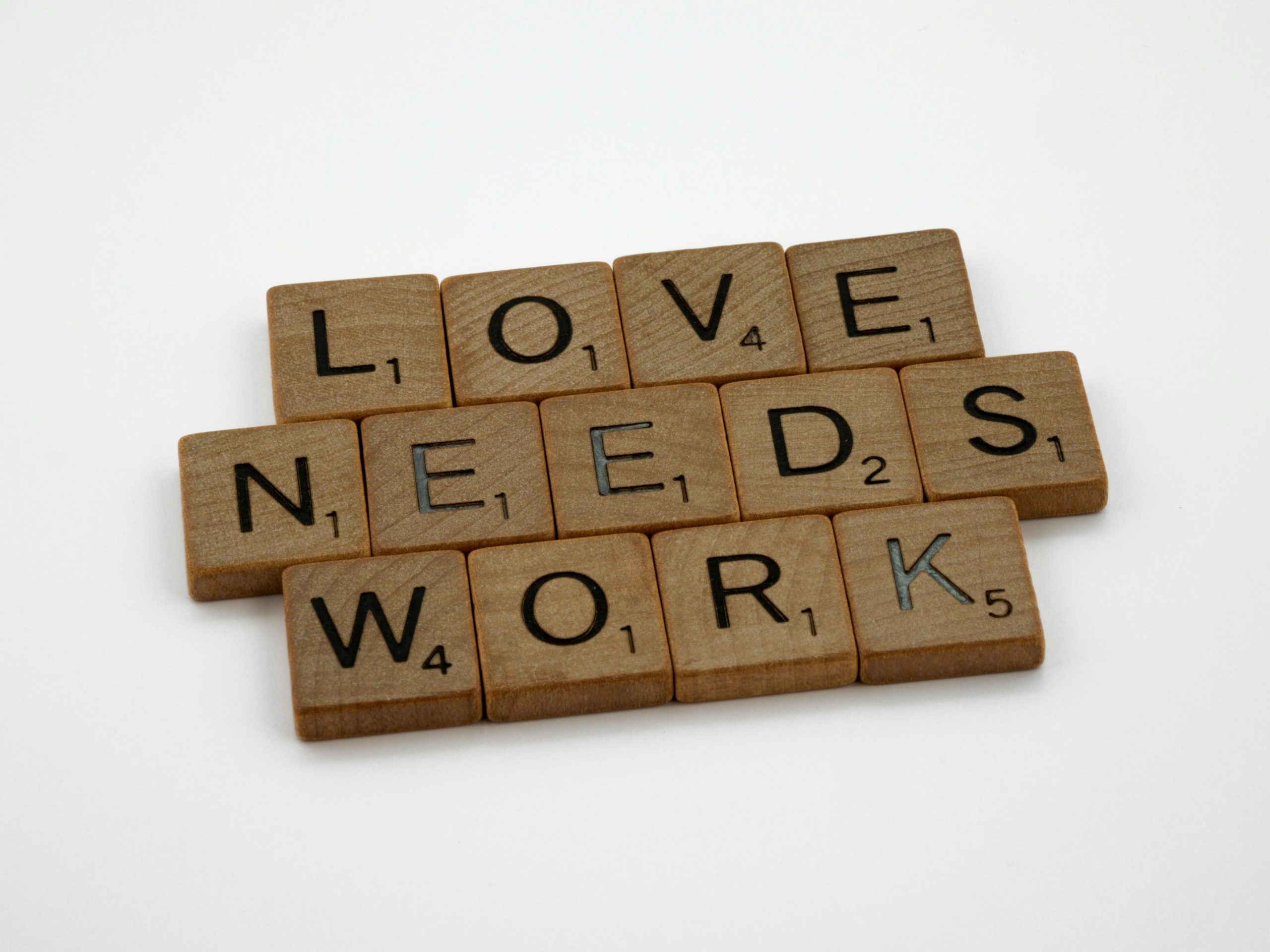The second horseman that Gottman claims is a relationship ruiner: contempt (if you haven’t read about the first horseman: criticism, check it out here).
If you were to ask yourself…
Which of the four horsemen is the greatest predictor of divorce? Or, what is the most serious of Gottman’s 4 horsemen?
You’d likely hear contempt. Contempt in a romantic relationship signals that the relationship is in serious trouble, it can even go so far as to predict divorce.
So, what is contempt?
Contempt is similar to criticism in the way that it relies on mean statements and underlying resentment. Contempt is different than criticism (and worse than) because rather than being upset with your partner for doing something wrong, you believe that they are inherently wrong as a person. Contempt often looks like name-calling, hostile body language, and insults.
When you or your partner communicate with contempt, the other person feels belittled and less than, elevating the status of the other. It also ensures that the conversation ends unresolved with the attacked party feeling negative about themselves and upset with their partner.
Contempt is so detrimental, it actually has healthy consequences (learn more here). In romantic relationships (and in relationships, in general), you want to avoid contempt.
Examples of Contempt
-You are such an annoying person, I wish you would quit bothering me.
–I don’t believe you when you say you aren’t cheating on me because you are a liar and you never want to have sex with me anymore.
–I learned how to take care of myself when I was a child. Why haven’t you figured it out yet?
When you or your partner talk to each other with contempt, you close the door on the opportunity to connect vulnerably and intimately. Someone who feels attacked not only for their actions but also for who they are at their core is not someone who will be open and looking for resolution. Instead, that person will shut down to protect themselves from getting further hurt.
Here’s how to respond to contempt (or rather how to avoid contempt)
-
Get to the Core of the Problem

Stop the mean talk and say what the problem is: do you need time alone? Do you need more space? Are you missing intimacy and connection? Are you frustrated with feeling like you have to parent your partner? All of those feelings are completely understandable. When you get to the core of the problem, you can express your need rather than lashing out for attention (which is usually what contempt boils down to).
-
Be Soft

Our partners are people who are closest to us. They know us, they care about us, and they want to support us. Be careful with the words you use when speaking out of frustration or upset. It’s a lesson we learned when we were kids: be kind to others! Unfortunately, due to close proximity, your partner deals with a lot of your upset. This means in romantic relationships you have to be EXTRA intentional with what you say and how you say it. The first step? Breathe, gather your thoughts, and choose your words with kindness and intention while still expressing what you need.
-
Talk about Happy Memories

You and your partner have many cherished memories, otherwise, you wouldn’t have made it this far. Dr. Gottman recommends reminiscing about happy, lovey times. It reminds each partner of what they liked about the other in the first place, allowing for reconnection and resolution when future problems arise.
-
Remember and Remind

Along with the step above, don’t just talk about happy memories, talk about what you enjoy about each other and remind each other that you still possess those qualities. There were many reasons you and your partner fell in love. Sometimes, when you are in a long-term relationship you have to remind yourself why you got together.
-
Appreciation and Gratitude

Taking the time to recognize and thank your partner for what they do is a sure way to combat contempt; it goes along with remembering the good times and their good qualities. Of course, frustrations are inevitable in long-term relationships, but when you can balance the good and the bad, you have a better chance of coming out the other side of conflicts united rather than divided. (Learn more about how to keep the spark alive in long-term relationships here.)
The key point? Don’t destroy vulnerability in your relationship by belittling each other and putting each other down. You and your partner are humans who will make mistakes. As two people who have chosen to be together, foster a loving and trusting relationship by eliminating contempt from your communication. Act from a place of kindness, respect, and adoration to express unmet wants and needs. When you do that, you are far more likely to get what you want!






